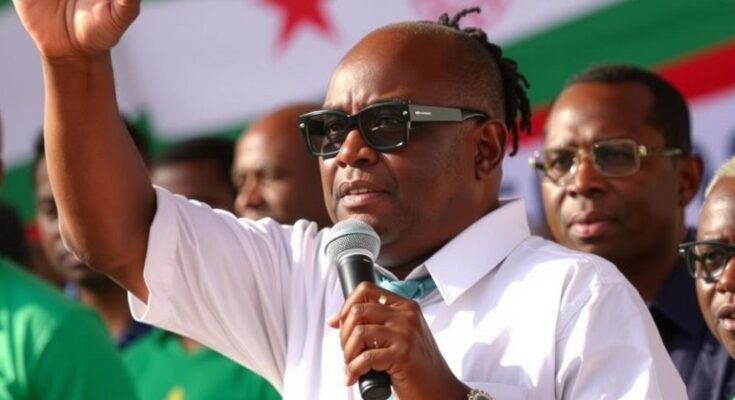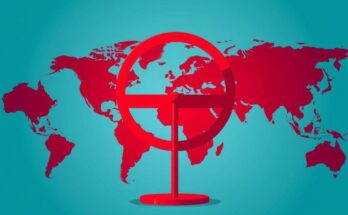Chad’s ruling Patriotic Salvation Movement has secured a majority in parliamentary elections boycotted by opposition parties due to transparency concerns. The MPS won 124 out of 188 seats amid reports of a 51.56% voter turnout. President Mahamat Idriss Deby’s administration has faced criticism for its electoral processes while also distancing itself from former colonial ties with France, reflecting broader regional trends.
Chad’s recent parliamentary elections, conducted amidst a significant boycott by opposition parties, have yielded a decisive victory for the ruling Patriotic Salvation Movement (MPS), led by President Mahamat Idriss Deby. According to the National Elections Management Agency (ANGE), the MPS secured 124 of the 188 available seats in the National Assembly, with voter turnout reported at 51.56%. Despite this apparent mandate, opposition factions criticized the election process, asserting it lacked transparency and fairness, a claim categorically denied by the government.
The opposition’s discontent stems from allegations of a non-inclusiveness of the electoral process, which they perceive as biased towards the ruling party. Specifically, the Transformateurs party, headed by opposition leader Succes Masra, opted to boycott the elections, arguing that the political environment was neither conducive to free expression nor representative of the populace’s will. Interestingly, even with the boycott, a total of 38 political groupings are expected to participate in the assembly, though it remains unclear how the representation will be allocated between MPS and non-MPS representatives.
President Deby’s ascension to power followed a tumultuous period marked by the assassination of his father in 2021, after which he declared himself interim leader. Since assuming office in May, Deby has made significant political moves, including severing defense ties with France and signaling a potential departure from regional security collaborations. This shift mirrors similar actions taken by other countries in the Sahel region, marking a trend towards distancing from former colonial ties, especially with France, and aligning more closely with nations such as Russia. In the wake of the elections, the Chadian government has also claimed to have thwarted an attack perceived as a destabilization attempt against the presidency, further adding to the growing political tensions in the region.
The recent parliamentary elections in Chad were held against a backdrop of significant political upheaval and a contentious electoral environment. Following the death of long-time ruler Idriss Deby, his son, Mahamat Idriss Deby, took power amid allegations of electoral misconduct and a lack of genuine political pluralism. The MPS has faced substantial criticism from opposition parties, which argue that the ruling government has not fostered a truly democratic transition. The geopolitical implications of Chad’s shifting alliances, particularly the severance of military ties with France, reflect broader regional trends where several Sahel nations are reassessing their former colonial relationships, indicating a potential realignment in international relations within West Africa.
In summary, the recent parliamentary elections in Chad have reinforced the ruling Patriotic Salvation Movement’s dominance, despite the notable boycott by opposition parties citing transparency issues. These events follow President Mahamat Idriss Deby’s controversial rise to power and signify a political landscape marked by significant unrest and changing foreign relationships. The trajectory of Chad’s political evolution, particularly regarding democratic governance and international alignments, remains a critical area of observation in the coming months.
Original Source: www.dw.com




